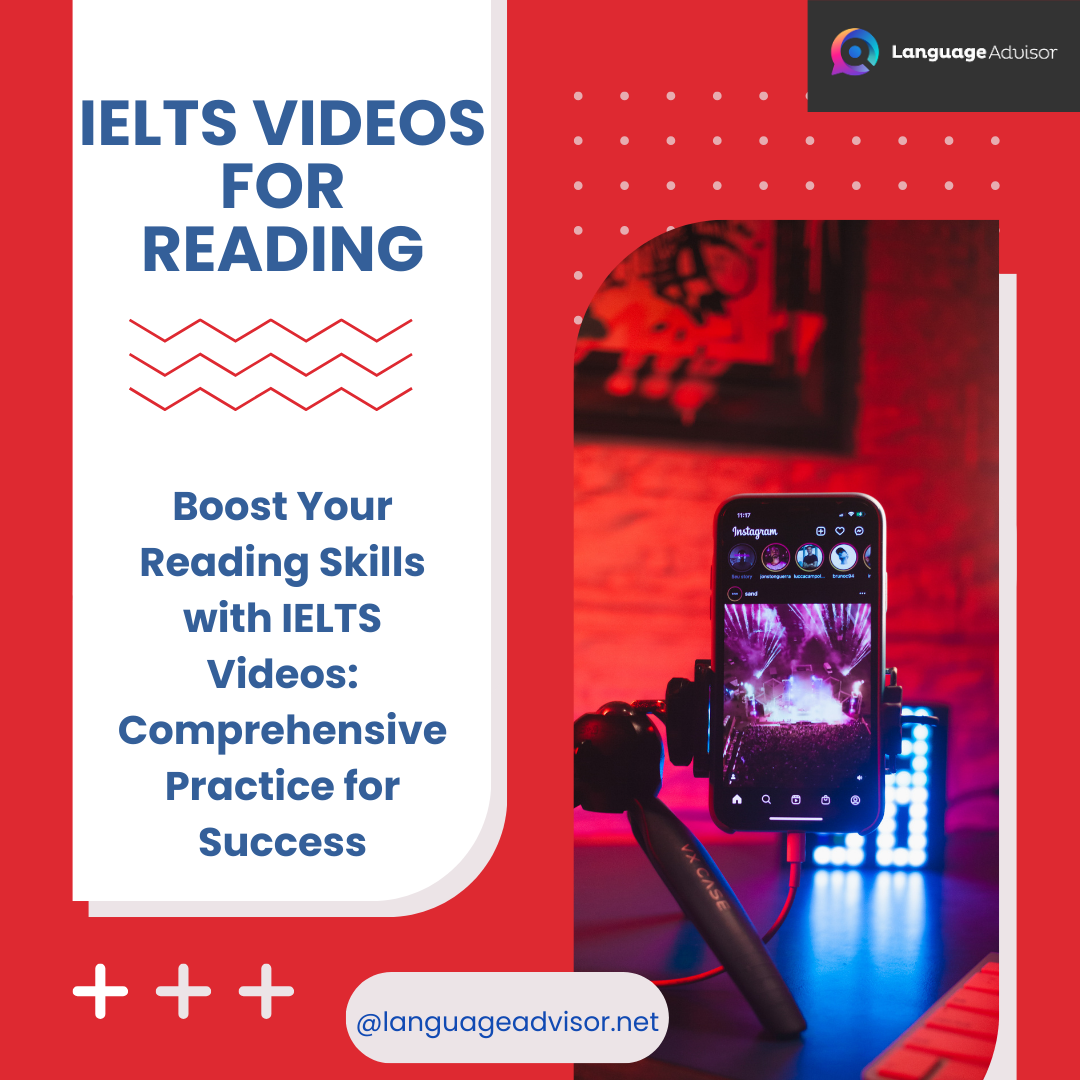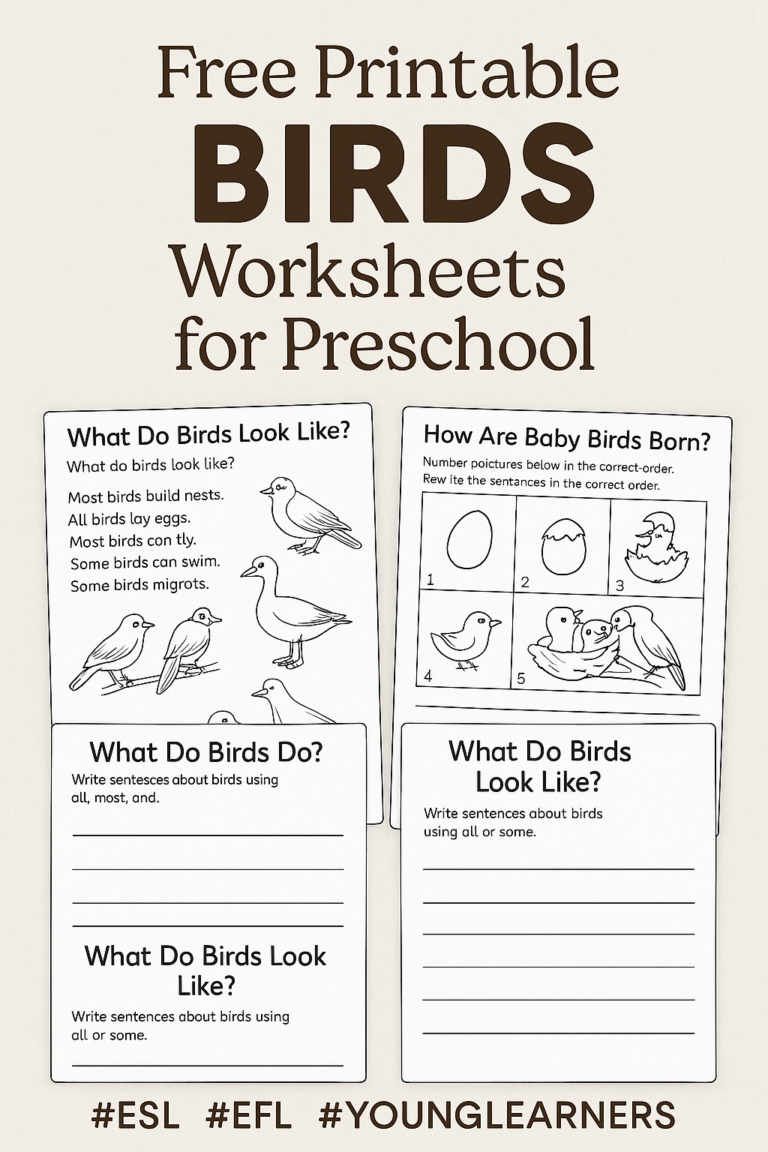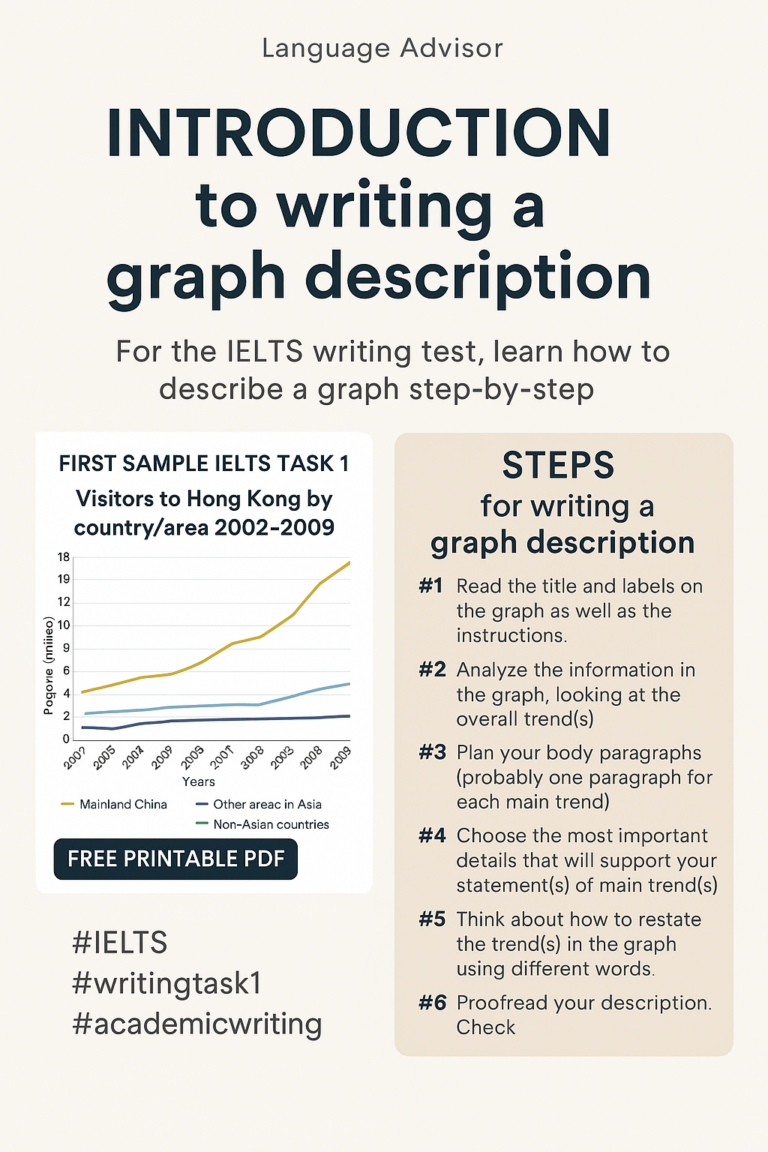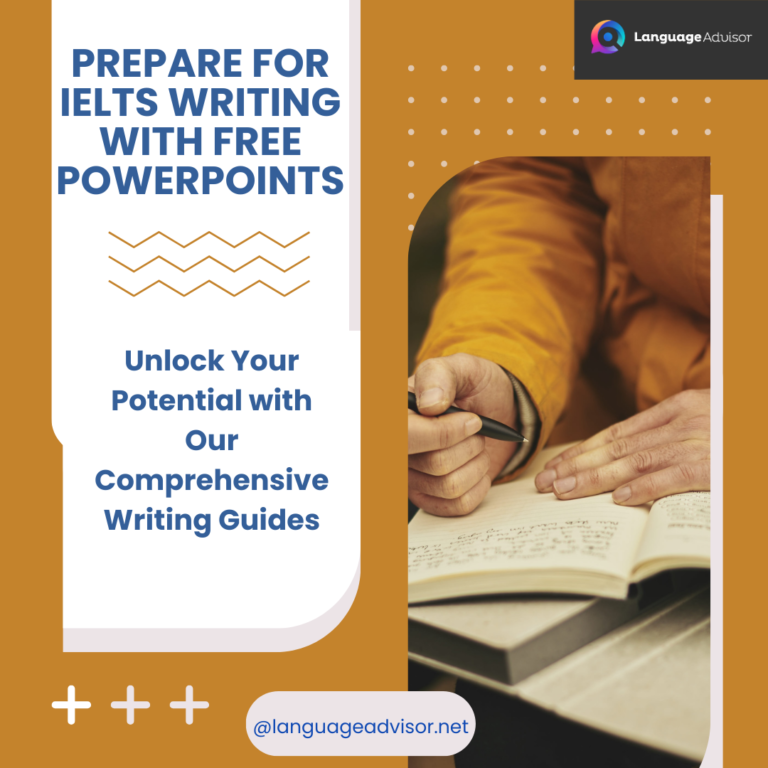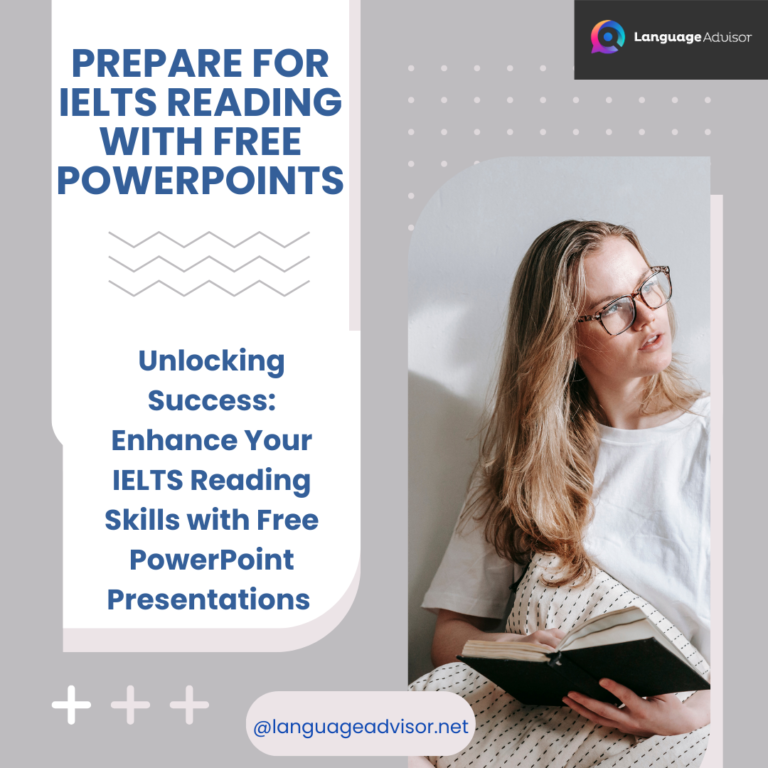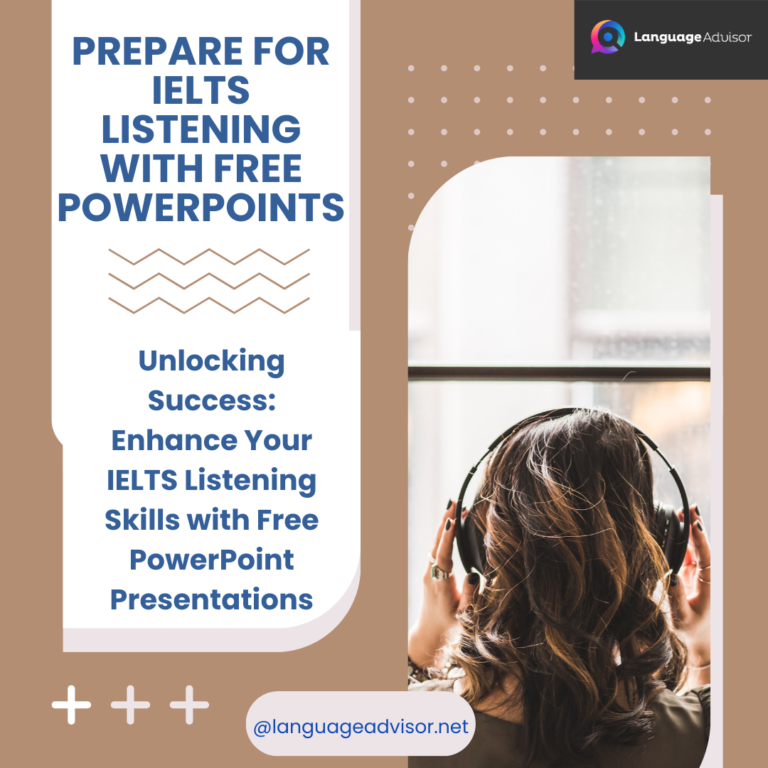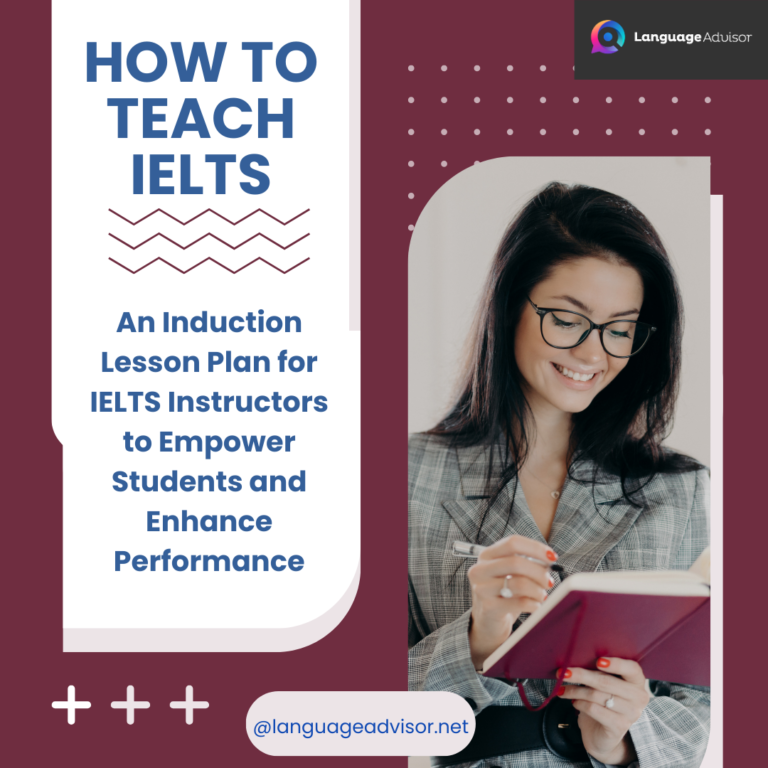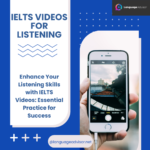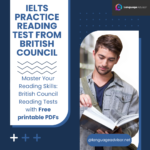IELTS Videos for Reading. Boost Your Reading Skills with IELTS Videos: Comprehensive Practice for Success
IELTS Videos for Reading

The IELTS Reading test is a vital component of the IELTS exam, assessing your ability to understand and interpret written English. To excel in this section, it’s important to practice with a variety of materials, including videos that provide strategies, tips, and sample passages. In this blog post, we will explore how videos can be an invaluable resource for improving your reading skills. We will provide tips on how to use these videos effectively and offer a selection of video resources to help you prepare thoroughly.
Understanding the IELTS Reading Test Format
The IELTS Reading test consists of 40 questions and lasts 60 minutes. The test is divided into three sections, each with a different type of text. The Academic version includes texts taken from books, journals, magazines, and newspapers, while the General Training version includes extracts from books, magazines, newspapers, notices, advertisements, company handbooks, and guidelines.
Benefits of Using Videos for Reading Practice
Using videos for IELTS Reading practice offers several advantages:
- Visual Learning: Videos provide visual explanations of reading strategies and techniques, making it easier to understand complex concepts.
- Engaging Content: Video content is often more engaging than text alone, keeping you motivated and focused during practice sessions.
- Expert Tips: Many videos feature expert instructors who share valuable tips and insights on how to approach different question types and improve reading speed and comprehension.

Recommended IELTS Reading Practice Videos
Here are some recommended types of videos and specific resources to help you practice for the IELTS Reading test:
1. Overview and Strategies:
- Example Videos: Watch videos that provide an overview of the IELTS Reading test and discuss strategies for tackling different question types.
- Recommended Resource: IELTS Liz – Offers comprehensive videos on reading strategies, tips, and common mistakes to avoid.
2. Detailed Question Type Breakdown:
- Example Videos: Look for videos that focus on specific question types, such as True/False/Not Given, Multiple Choice, and Matching Headings.
- Recommended Resource: E2 IELTS – Provides detailed explanations and practice for various reading question types.
3. Reading Passage Analysis:
- Example Videos: Find videos that analyze sample reading passages, highlighting important information and explaining how to answer the questions.
- Recommended Resource: AcademicEnglishHelp – Offers step-by-step analysis of IELTS reading passages and questions.
4. Practice Tests:
- Example Videos: Use videos that offer full-length IELTS Reading practice tests to simulate the exam experience.
- Recommended Resource: IELTS Official YouTube Channel – Provides official practice test videos, complete with answer explanations.

How to Use IELTS Videos Effectively
To maximize the benefits of using videos for IELTS Reading practice, follow these tips:
- Active Reading: Pause the video to read the passages yourself and attempt the questions before watching the explanations.
- Note-Taking: Take notes on key strategies and tips shared in the videos. These notes can serve as a quick reference during your practice.
- Repetition: Watch the same video multiple times to reinforce your understanding and retention of the strategies.
- Varied Content: Expose yourself to different types of texts and question formats to build familiarity and confidence.
- Practice Tests: Simulate exam conditions by timing yourself while watching practice test videos and answering questions within the given time frame.

Sample IELTS Reading Practice Video
To get you started, here is a sample IELTS Reading practice video:

Incorporating IELTS videos into your reading practice routine can significantly enhance your ability to understand and interpret written English in various contexts. By utilizing the recommended resources and following effective practice strategies, you can improve your reading skills and increase your chances of achieving a high band score in the IELTS Reading test. Remember to practice regularly, stay engaged, and expose yourself to a wide range of content. Good luck with your preparation!

Also check out these resources to successfully prepare for IELTS


